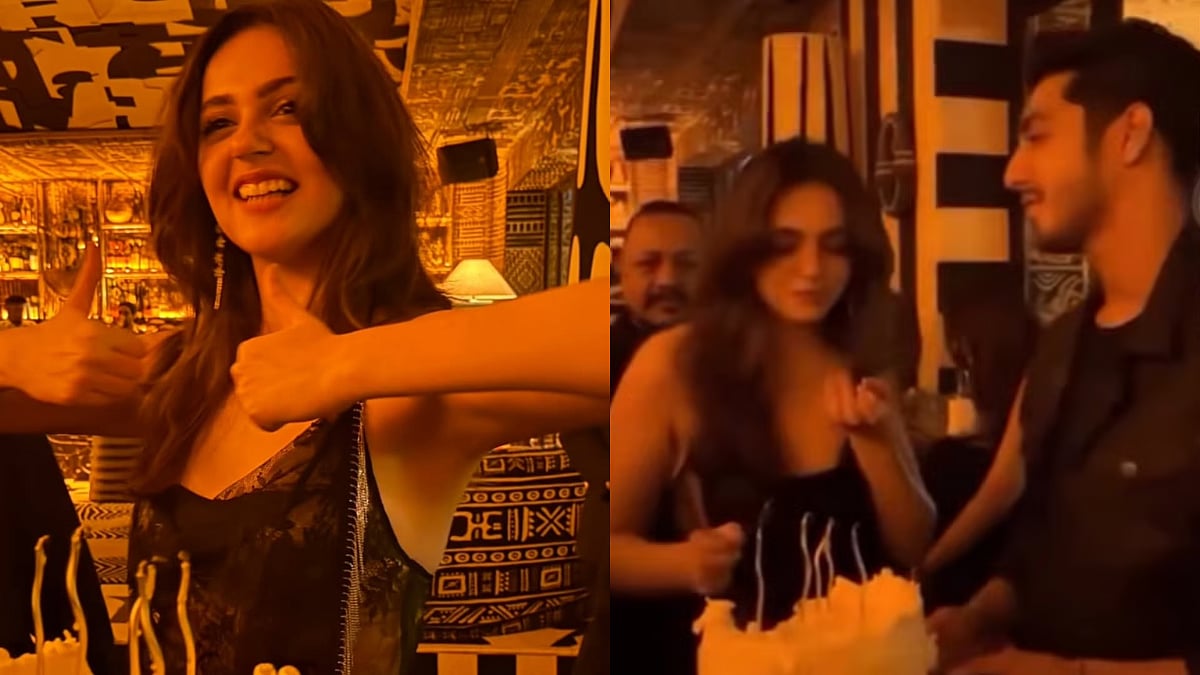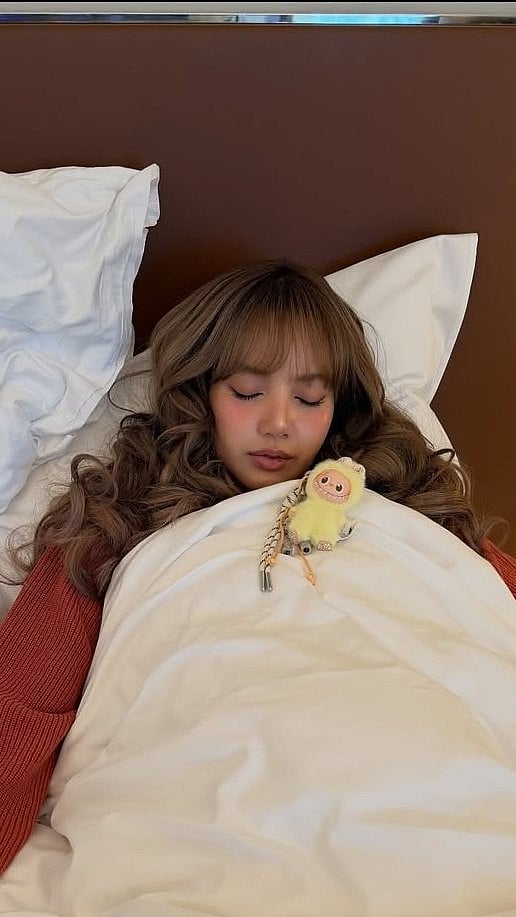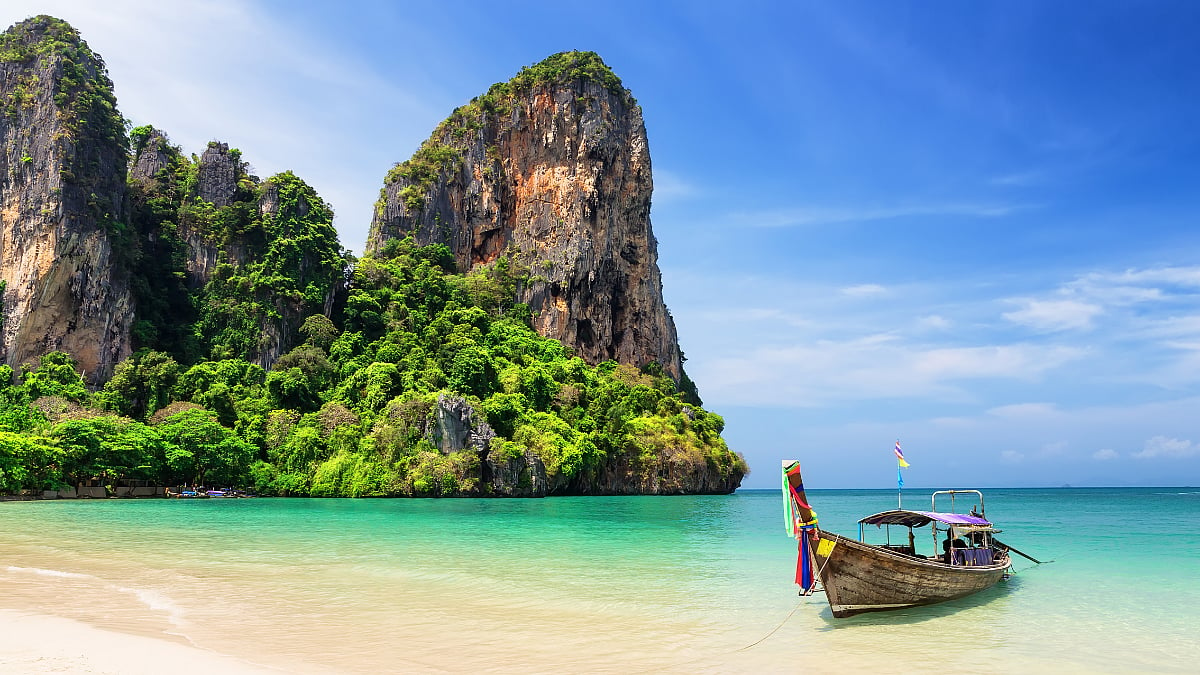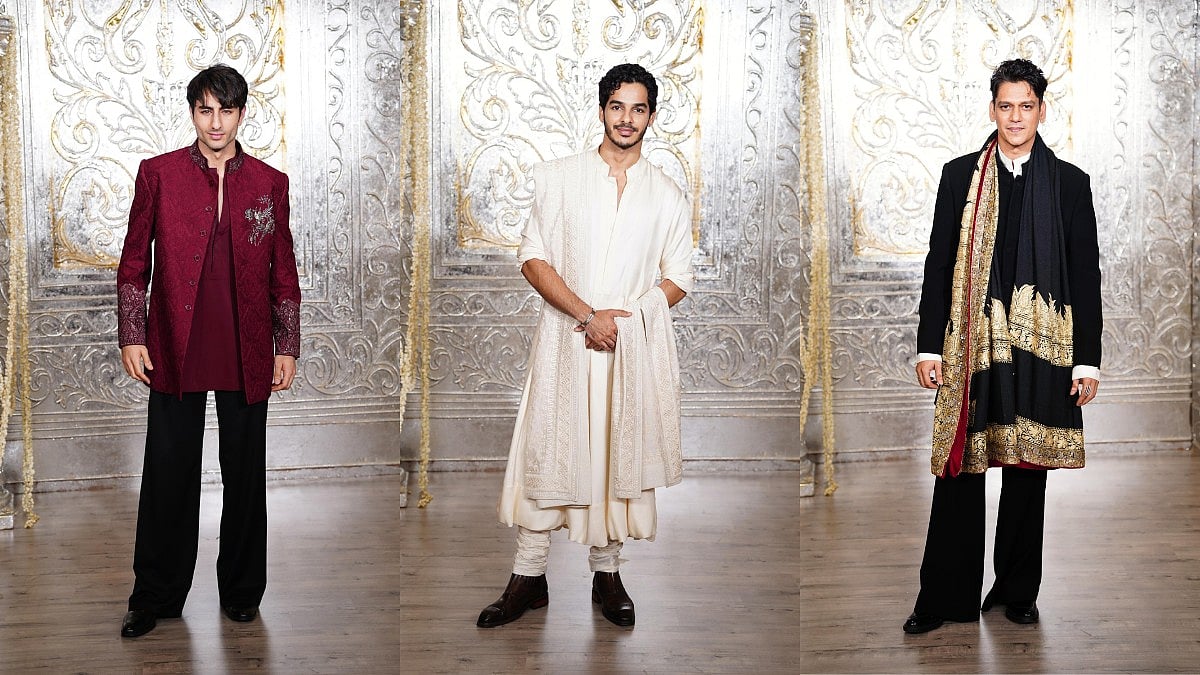With Gudi Padwa or Maharashtrian New Year being celebrated in the state, there is a section that, too, has accepted the festivities with all their hearts. Our state has had a large number of non-Maharashtrians staying here for some years. They speak of what Gudi Padwa means to them, how they celebrate, and the need for cultural exchanges in times when cultural clashes are common.
All the details
Pune-based Falguni Gokhale, the Co-Founder and Director of Design Directions Pvt. Ltd. that is into visual communication, has insights to share. "When I first came to Pune, one of the things I noticed was the way festivals are celebrated. Gujaratis are very community-spirited and a loud, boisterous lot. The Marathi Brahmins, on the other hand, are much more reticent and extremely private people. For us, the New Year comes after Diwali during Kartik month, but Gudi Padwa is the Marathi New Year in March/April during Chaitra. However, we love and respect all our Hindu festivals, so I embraced all the Maharashtrian festivals with great gusto.”
The visual designer in her was fascinated by the concept and symbolism of the various festivals. “Apart from the Gudi representing the flag of Brahma and being used to ward off evil and bring in prosperity, I heard that the Gudi is also symbolic of the head and spine. All messages emerge from the head, represented by the silver or copper pot, and flow down to the feet. So, it is important to look after the head and have the right kind of thoughts to live a good life and achieve success. My mother-in-law, till she passed away, would religiously put up the Gudi. My husband and I were the helpers. A small prayer followed. The neem leaf chutney was also a new experience, for sure. The Shrikhand Puri that came later was always a treat. My mother-in-law would make the Shrikhand at home, and it was truly the world’s best Shrikhand.”
Pallavi Goorha, Founder of the Mumbai-based PG Communication, started celebrating Gudi Padwa after her shift to Maharashtra and watching her neighbours put the Gudi outside their home. “Over the years, I’ve learned to prepare traditional sweets like Puran Poli and Shrikhand. I also make it a point to visit friends and participate in their celebrations. It has become a day of positivity and new beginnings for me.”
There are also those who have shifted out of the state but still keep the memories and take them with them wherever they go. Mohd Shamim Ansari, PR Manager at Teamwork Communications Group, stayed in Mumbai for 20+ years and now lives in Delhi. He has special memories. "My neighbours used to bring the most delicious and mouthwatering Puran Poli—I have never tasted anything quite as amazing anywhere else! It’s been seven years since I moved to Delhi, and I deeply miss those moments. I've tried finding food chains here to recreate that authentic taste of Maharashtra, but nothing comes close.”

The meaning
Initially, Pallavi thought of it as just another public holiday. “But as I learned more, I realised it’s about celebrating the harvest and welcoming prosperity. It has taught me the importance of starting fresh and embracing positivity. Being part of this tradition has helped me connect with local culture and feel more at home in Maharashtra.”
Festivities like Gudi Padwa are about bringing people closer and keeping this closeness intact despite no familial ties. “Festivals in Maharashtra bring everyone closer, creating a sense of joy and community through cultural sharing. They strengthen bonds with neighbours and foster strong connections,” relates Shamim. “I lived in Mumbai for over 20 years, and the city taught me so much! During Gudi Padwa, my Maharashtrian neighbours would never let us miss out on their delicious festive food. Celebrations like these turned neighbours into family. My best friends are Maharashtrians, and I miss them dearly. They'll always hold a special place in my heart.”
Falguni has started appreciating and understanding the festival's deep meaning and historical significance. "I have also come to understand the difference between a “San” and an “Utsav”—how some festivals are deeply religious and traditional, while others are more grand social celebrations. Gudi Padwa has taught me that every festival carries profound messages, beyond just rituals. The symbolism of the Gudi, the neem chutney’s lesson of balancing bitter with sweet, and the quiet yet meaningful way Maharashtrians celebrate their New Year have all added to my perspective.”
Cultural aspects
Gudi Padwa can be a cultural bond between Maharashtrians and non-Maharashtrians. Falguni mentions, “Understanding and celebrating Gudi Padwa with Maharashtrian friends and family has made me feel more integrated into the culture of Maharashtra. It has also given me a greater appreciation of how traditions evolve and how they carry forward values from one generation to the next.”
Pallavi does think it is a great way to bond. “When people from different backgrounds celebrate each other’s festivals, it creates a sense of unity. I’ve had Maharashtrian friends join me for Diwali and Holi, and in return, I celebrate Gudi Padwa with them. These cultural exchanges break barriers and bring people closer.”
The message
All three have a message to those coming to the state but unsure of incorporating the festivities into their lives. Falguni reveals, "If you come to Maharashtra and are unsure about how to celebrate Gudi Padwa, just start with curiosity and respect. Observe, ask questions, and participate in small ways—whether it’s helping put up a Gudi or simply wishing people “Gudi Padwyachya Shubhechha”. Each festival has something unique to teach us, and embracing local traditions doesn’t mean losing your own. Rather, it enriches your experience and allows you to build deeper connections with the people around you. So, be open, enjoy the festivities, and let the spirit of Gudi Padwa bring you closer to the place you now call home.” Of course, this is a great way to live a life incorporating cultural aspects that add to your personality. Shamim has a simple message to every non-Maharashtrian. "Sit down and talk with the locals—you'll adore them. Mumbai has always been a welcoming city where people come to transform their lives. Treat the city as your own, and embrace its festivals and food. Celebrating Maharashtrian traditions like Gudi Padwa will not only deepen your understanding of the culture but also bring you immense happiness and peace.”
With cultural togetherness during Gudi Padwa, celebrate the festivities and moments and feasts.










